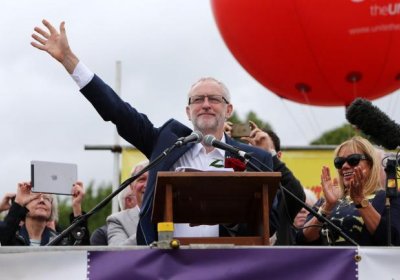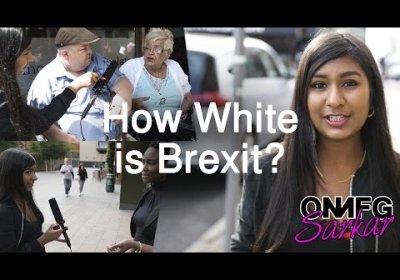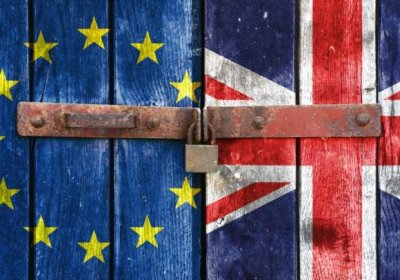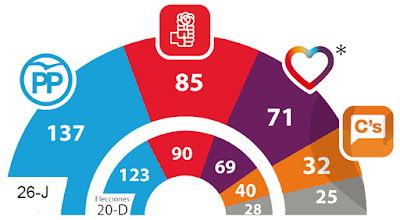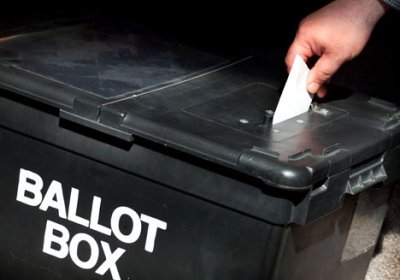British Labour Jeremy Corbyn's name should automatically be on the ballot paper in the Labour Party's leadership contest, the party's national executive committee (NEC) ruled on July 12.
Elections
The victory of the campaign for Britain to leave the European Union (“Brexit”) in the June 23 referendum was the result of — and is intensifying — a huge right-wing anti-immigration campaign.
The entire population of Burma supported Aung San Suu Kyi when she fought to get rid of the military dictatorship of Burma (Myanmar) during the 1990s.
She received tremendous support from all communities, including non-Buddhist ethnicities and Muslim communities. No one considered what her policy on other religions and ethnic areas was. People just wanted to get rid of the regime.
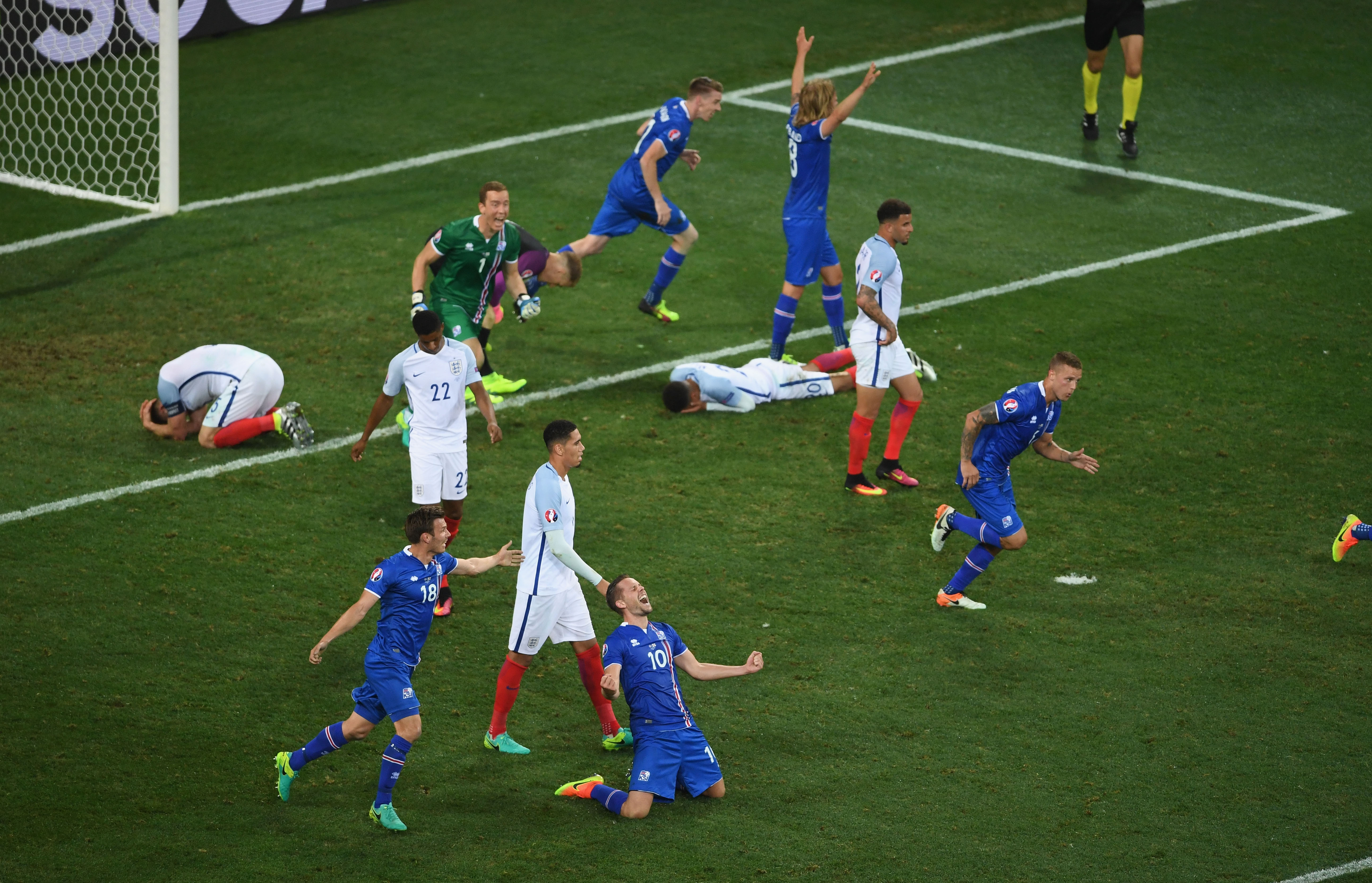 England lose to Iceland and “Brexit” from Euro2016, June 27.
What a time to be in London. My family's long-planned vacation has given us a ringside seat for the greatest humiliations suffered by Britain since boxer Frank Bruno tried to take down a young Mike Tyson.
England lose to Iceland and “Brexit” from Euro2016, June 27.
What a time to be in London. My family's long-planned vacation has given us a ringside seat for the greatest humiliations suffered by Britain since boxer Frank Bruno tried to take down a young Mike Tyson.
The federal election is now over and the final outcome is still being worked out, but the winners and losers are becoming clearer by the day.
The two biggest losers were the major parties. While the Coalition retained enough seats to still be able to govern, it lost its sizable majority in the lower house and is facing an even more hostile Senate.
The Labor Party recovered several seats overall, but it still managed to record its second lowest number of votes in a Federal election since World War II.
There was some good news in the federal election. Ten Coalition members lost their seats in the July 2 federal election.
Jamie Briggs lost the seat of Mayo with a swing of 16%. Sophie Mirabella lost in Indi again with a further vote decline of 17.5%.
Andrew Nikolic lost in Bass with a decline of 10.8% and Wyatt Roy lost with a swing of 8.4%. Overall the Coalition vote was down 3.5%.
Other Liberal figures who lost support but not their seats included Christopher Pyne, down 9.53%; Tony Abbott, down 9.01%; Peter Dutton, down 5.6%; and Kevin Andrews, down 7.6%.
The media-backed attempted coup by right-wing Labour Party MPs against Labour leader Jeremy Corbyn has failed, amid large demonstrations and public meetings across Britain defending the left-wing leader.
Anger with the two major parties was the clear winner this federal election as a quarter of the electorate gave their first preference to independents, Greens or minor parties.
The Socialist Alliance (SA) ran in the Senate in three states, and in four lower house seats. Despite its blanket exclusion from the corporate media, its reliance on small donations and its radical message, its votes increased in two lower house seats, dipped in two others and increased our Senate vote in NSW and WA compared to the previous election.
The article below was published by Tony Norfield on his Economics of Imperialism blog in the lead up to the June 23. It looks at the impact of British imperialism on all sides of the 'Brexit' debate.
The morning after the July 2 federal elections, Australians awoke to a still undecided election.
Whether the incumbent Liberal Prime Minister Malcolm Turnbull holds on by a slim majority, or is able to form a minority government, or whether Labor under Bill Shorten can form a minority government, or whether there is a hung parliament requiring new elections, remained unclear.
Some things, however, were immediately apparent.
The vast majority of British Labour MPs — 81% — and their accomplices in the country's liberal media are attempting a coup against Labour leader Jeremy Corbyn.
The veteran socialist MP was elected by Labour's members only nine months ago with the largest mandate ever won.
He won because he had set himself apart from other Labour politicians throughout his decades in office by his commitment to working class interests — and especially by voting against the Tory's attack on the poor last year while 184 Labour MPs (88%) abstained.
- Previous page
- Page 60
- Next page
